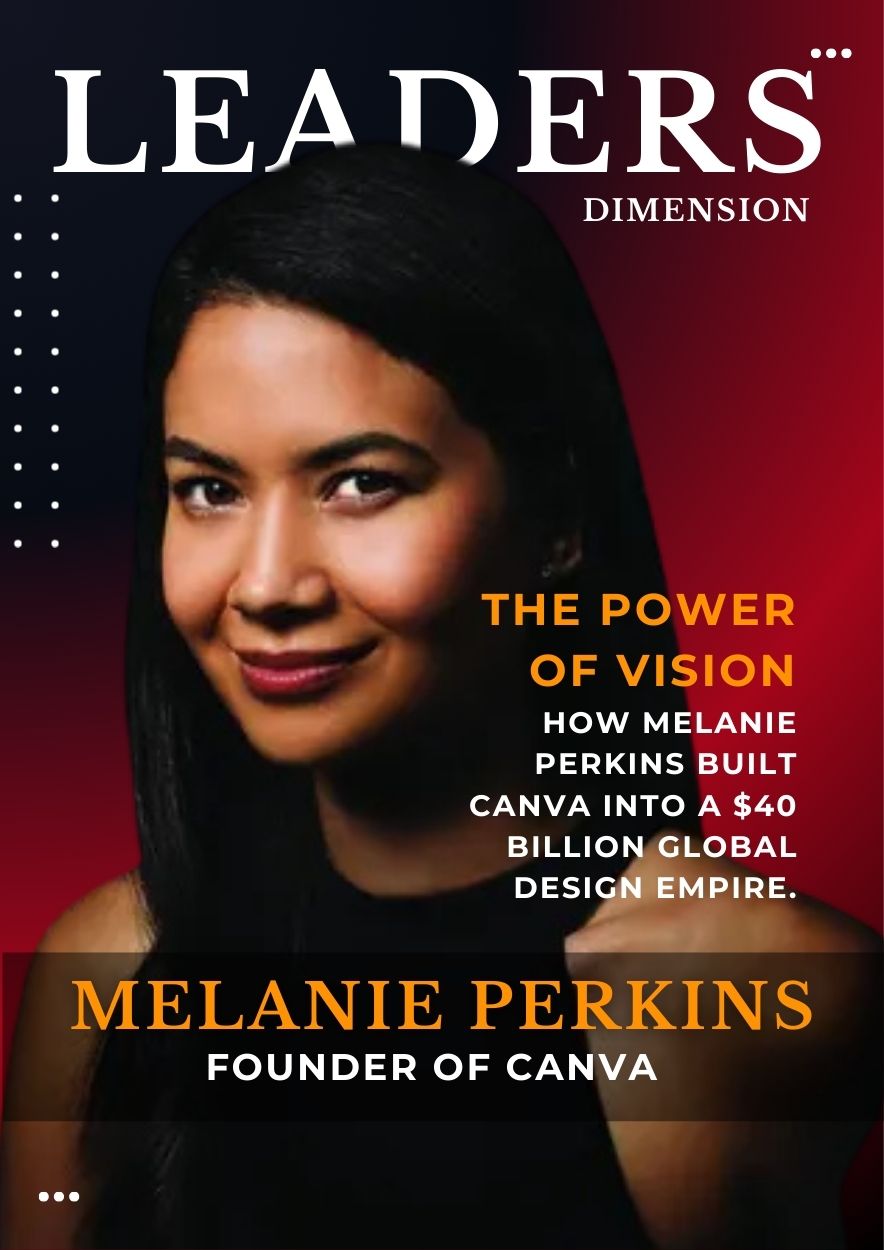From Open to Closed: AI Expert Dives into Whether OpenAI's Pursuit of Profit is a Threat to AI's Future
As businesses like OpenAI, formerly beacons of open-source idealism, transition to more commercially oriented models, concerns emerge about who genuinely benefits from AI and whether a more open and egalitarian future is still possible.

The evolution of OpenAI from a non-profit research lab to a profit-driven entity has sparked a heated debate among AI experts and industry observers about the potential impact on the future of artificial intelligence. Once lauded for its commitment to transparency and open-source principles, OpenAI's shift towards a "capped-profit" model raises concerns about the accessibility and ethical development of AI technologies.
The world is witnessing what AI researcher Toby Walsh describes as "possibly the biggest gold rush in human history" - an explosion of investment and creativity propelled by artificial intelligence's revolutionary power. However, there are risks associated with the gold rush.
Transition and Concerns
Non-Profit to Profit:
Founded in 2015 as a non-profit with the mission to ensure that artificial general intelligence (AGI) benefits all of humanity, OpenAI's transformation into a for-profit entity in 2019 marked a significant shift. This change was driven by the need for substantial capital to fund advanced AI research and development.
The organization adopted a unique "capped-profit" structure, allowing it to attract investment while pledging to limit returns to 100x of the original investment, with excess profits going towards broader societal benefits.
Expert Opinions:
Critics argue that the pursuit of profit could compromise OpenAI's founding principles. The prioritization of revenue generation might lead to less transparency, restricted access to cutting-edge technologies, and potential biases in AI systems designed to serve corporate interests.
AI ethics advocate Dr. Karen Williams expressed concerns about the long-term implications: "The commercialization of AI research could lead to a concentration of power and knowledge within a few large corporations, stifling innovation and accessibility."
Impact on AI Research and Accessibility
Transparency and Open-Source:
OpenAI was initially celebrated for its commitment to open-source development, which allowed researchers worldwide to collaborate and build upon each other's work. However, the shift towards a more closed approach has led to fears that critical advancements may become proprietary.
"When research is driven by profit motives, there is a risk that the most advanced AI models and technologies will be accessible only to those who can afford them," said Dr. Michael Green, an AI researcher at Stanford University.
Funding and Innovation:
Proponents of OpenAI's current model argue that substantial funding is essential for achieving breakthroughs in AI research. The capital raised through its profit-driven model enables the development of more sophisticated and capable AI systems.
OpenAI CEO Sam Altman has defended the approach, stating that it balances the need for innovation with ethical considerations. "Our structure allows us to pursue ambitious goals while ensuring that the benefits of AGI are distributed broadly," Altman said.
Future Outlook
Balancing Act:
The future of AI development hinges on finding a balance between commercial interests and ethical responsibilities. OpenAI's journey reflects the broader tension in the tech industry between innovation and accessibility.
As the organization continues to navigate this complex landscape, its actions will likely shape the discourse on AI ethics and the role of private companies in advancing technology for the public good.
Global Implications:
The implications of OpenAI's profit-driven model extend beyond the company itself. The direction taken by one of the leading AI research institutions will influence global standards and practices in AI development.
Policymakers, researchers, and industry leaders must collaborate to ensure that the pursuit of profit does not undermine the potential for AI to serve as a force for positive societal change.

 LD Web Desk
LD Web Desk 